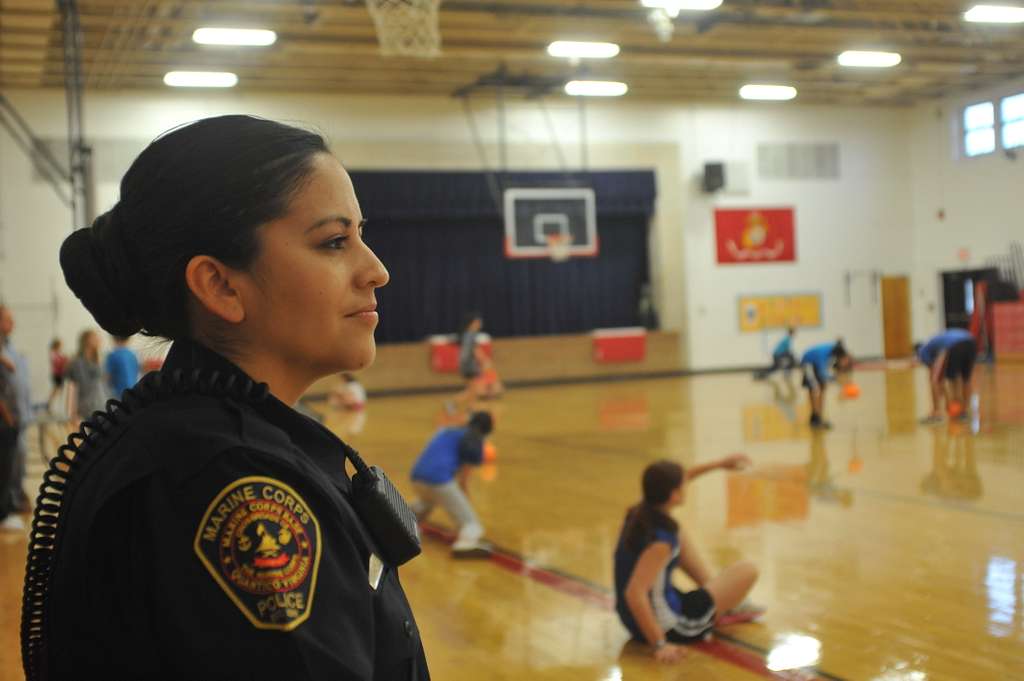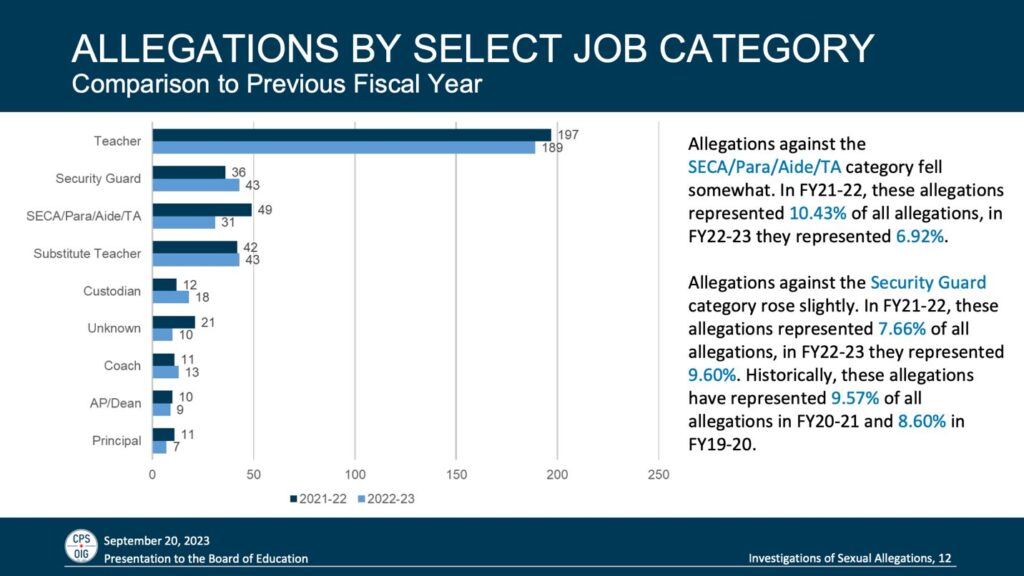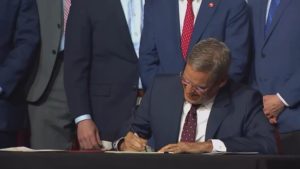Chicago Board of Education votes to get rid of SROs, sparking safety concerns
The Chicago Board of Education voted to end its contract with the Chicago Police Department, which provides school resource officers (SROs) to 39 public schools.
Last week’s vote came at…

The Chicago Board of Education voted to end its contract with the Chicago Police Department, which provides school resource officers (SROs) to 39 public schools.
Last week’s vote came at the conclusion of a nearly eight-hour school board meeting, where board members voted in favor of a new “Whole School Safety Policy.”
The new policy eliminates SROs in favor of “alternative safety positions, resources and interventions,” such as restorative justice coordinators, youth intervention specialists, wrap-around supports and mentoring programs.
“We want to be clear that many schools will still employ physical safety personnel like security guards at points of entry, and crossing guards and Safe Passage workers to ensure students can get to and from school safely,” the board said in a letter obtained by Fox News. “Some schools will also continue to use physical security tools such as security cameras or metal detectors.”
“Furthermore, each school will still maintain a relationship with their local Chicago Police Department ‘School Sergeant,’ a position assigned to each police district to provide safety support to schools.”
During the divisive meeting, students, parents and community members argued for and against the policy change.
Makayla Acevedo, a student in the district, claimed the funds spent on SROs could be better spent on career programs and restorative justice.
“I just feel like we just really need those funds, to invest all of that money to get the programs in order for all students … to be successful in life and reach their dreams,” she said.
Brenda Delgado, a mother in the district, argued the funding should be spent on school counselors.
“I’m here to support the decision to remove SROs and request the funding be immediately shifted to school counselors,” Delgado said during the meeting. “Our children need counselors, not cops.”
Despite calls for funding to shift, Pedro Martinez, Chicago Public Schools CEO, stated the district hasn’t spent any funds on SROs for years, according to Chalkbeat.
“We actually have not paid for any of these services for CPD for the last three years,” Martinez said. “We weren’t even going to pay for this year.”
A district spokesperson later confirmed no payments have been made to the police department since 2020.
But the district has spent nearly $4 million on “alternative safety interventions” at 14 schools where SROs have already been removed, according to Chalkbeat.
Violence and crime are still problems, however.
In fact, Dwayne Truss, a former school board member, argued that teachers were responsible for more misconduct than SROs.
“If you look at the OIG reports, we have more sexual misconduct by teachers taking kids to their homes and sexually assaulting them then we had SRO misconduct in our schools,” Truss said. “But I don’t hear anybody say we should get rid of our teachers.”

Critics of the board’s decision also believe that losing uniformed police officers will impact public school safety in districts already struggling with violence.
We lost three Chicago public school students a week apart with the violence,” Yalila Herrera, a mother in the district, told Fox News. “What about our South and West Side schools where there’s so much crime?”
A report found that 106 children and teens have been shot within a tenth of a mile of Chicago schools on school days between 7 a.m. and 5 p.m. within the last five years.
Herrera expressed concerns for her children’s safety on “Fox & Friends.”
“I’ve never realized one important word that comes to mind, and that is choice,” Herrera said. “This word in particular has been under attack. I constantly say my prayers as I drop off my children, and it’s very disappointing.”
The new safety plan is to be presented to the board members for final approval by June 27, and if approved, would go into effect next school year.



